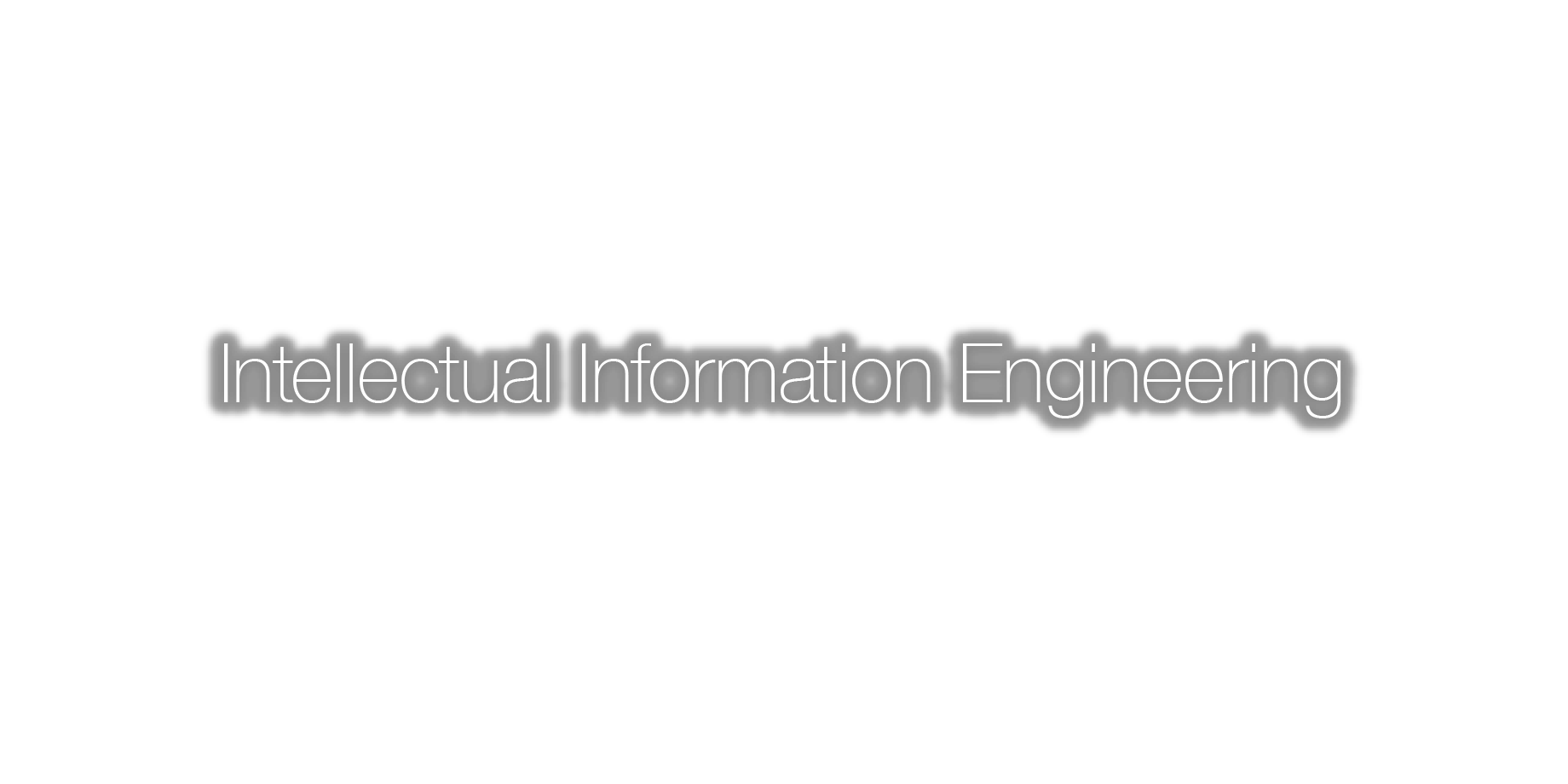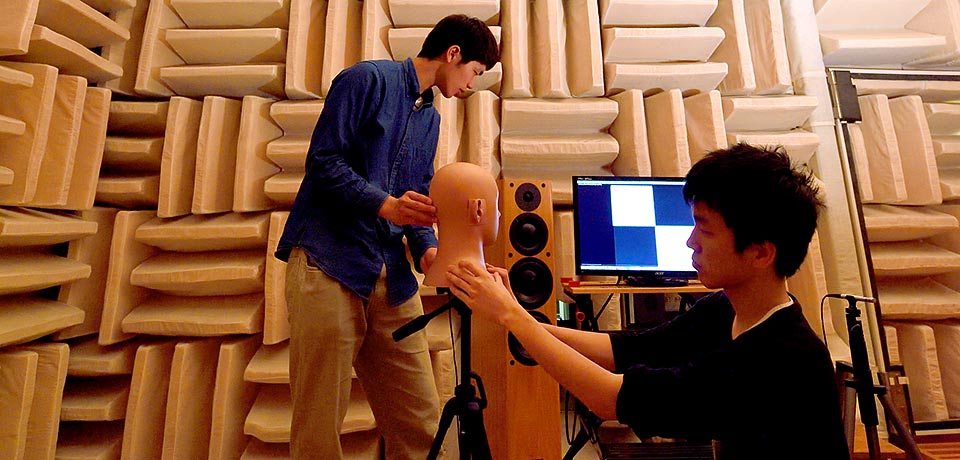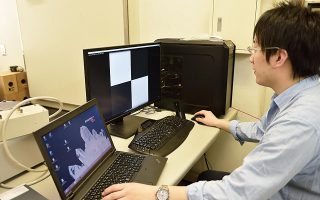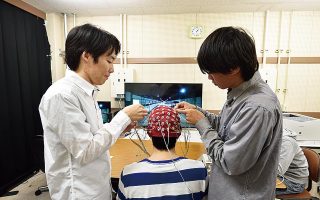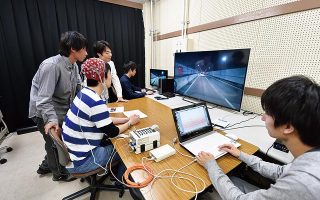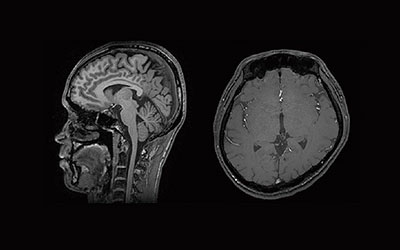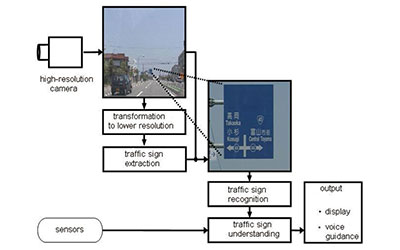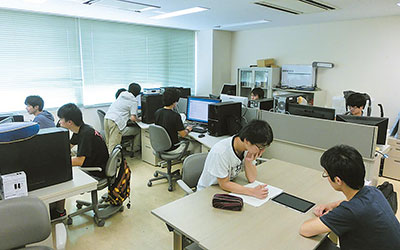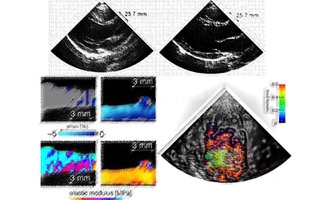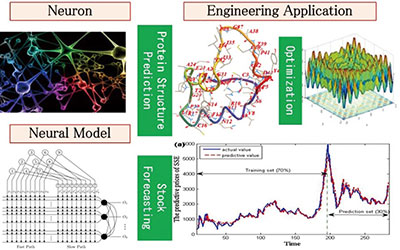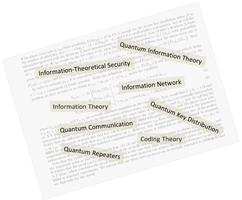Overview
With the rapid development of the technological innovations in information engineering, our department is dedicated to educating and equipping our students with the abilities to adapt to the changes. Students deepen their understanding and broaden their knowledge of both software and hardware. A total of 9 laboratories promote research aiming to connect “information” with industry and medical care. The 9 laboratories are; Computer Software System, Pattern Recognition, Media Information and Communication Technology, Simulation Engineering, Visual and Kansei Information Processing, Medical Information Sensing, Information Communication Networks, Human Information Processing, and Quantum Information. Our ultimate objective is to educate and train leading engineers and researchers who can play a key role in the next ten and twenty years.
Intellectual Information Engineering
Fields of Learning
- Basics and application of information and communication technology
- Comprehensive technology essential to build ubiquitous networks in all societies
- Information processing technology of sensing, cognition and KANSEI
- The latest artificial intelligence on the basis of brain science
Research Laboratories
Intellectual Systems Engineering
Media Information and Communication Technology (MICT)

- Image quality assessment using biological information(EEG, NIRS, etc.)
- Assessment methodology for Quality of Experience(QoE)
- Intelligent transport systems and its related image analysis
Supervisors
Multimodal Information Engineering
Visual and Kansei Information Processing
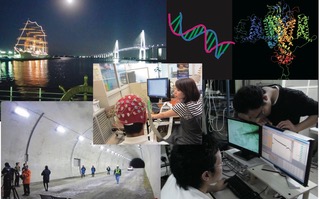
- Visual engineering
- Kansei enginnering
- Landscape evaluation
Supervisors
Media Information Engineering
Information Communication Networks
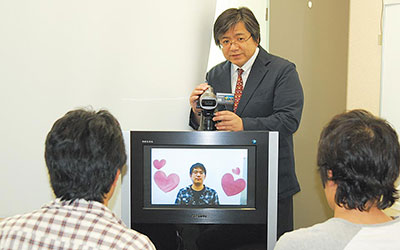
- M-array QAM (Quadrature Amplitude Modulation)
- Television broadcasting system
- Optical communication system
Supervisors
(P)Professor / (Ao)Associate Professor / (L)Lecturer / (At)Assistant Professor / (R)Research Assistant / (VP)Visiting Professor / (VAt)Visiting Assistant Professor
